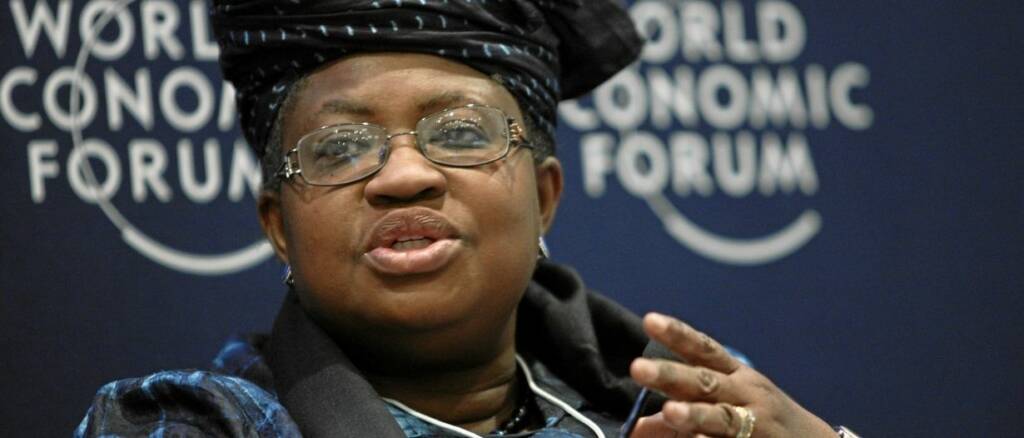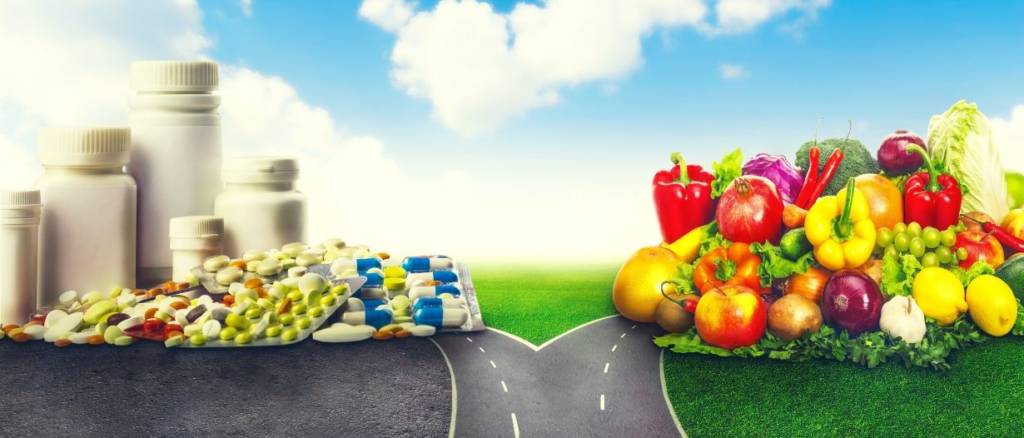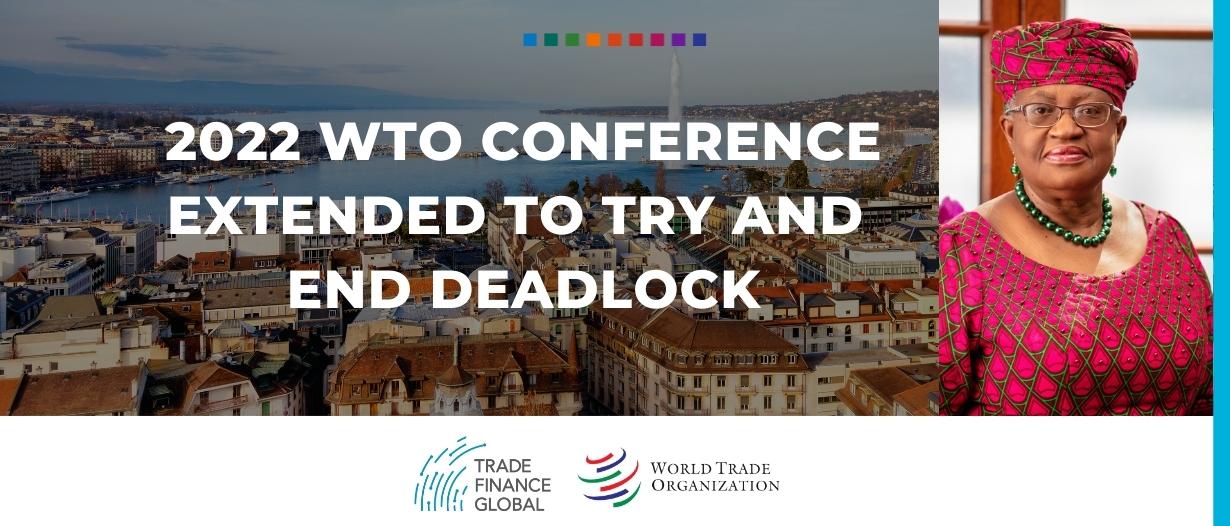The WTO Director-General has extended the WTO Ministerial Conference by a day in a bid to secure some form of agreement around trade deals. With a potential food security crisis looming for developed countries, can an eleventh hour agreement be reached?
Delayed twice by COVID, the 2022 WTO Ministerial Conference taking place in Geneva was considered long overdue. Many had high hopes that it would give world leaders a place to put their heads together in order to find working solutions to the ‘polycrisis’ of economic, environmental, health and security challenges that the world is facing post-2020.
Instead, the WTO Director-General, Ngozi Okonjo-Iweala, has had to extend the summit by an extra day in the hopes that delegates will achieve some modicum of progress in at least one of the four areas originally on the agenda, namely trade.
Many had hoped that an agreement would be reached around changing global trade rules related to fishing subsidies, as well as intellectual property rights for vaccines and other COVID-related medical diagnostics and treatments, both of which are thought to be causing “unconscionable” health and economic inequalities for developing countries such as South Africa and India.
However, delegates were still in deadlock by the time the conference was due to end on 14 June, leading to Okonjo-Iweala’s decision to extend talks and urge the 100+ delegates present to “go the extra mile” in reaching consensus on some of the most pressing issues on the agenda.

Four Core Areas of Concern
Originally, the four main items on the agenda for the summit were:
- Pandemic-related problems – These include access to vaccines for poorer countries, who have asked pharma companies to waive their intellectual property rights in order to make them more affordable and easier to manufacture. However, some developed countries with major pharmaceutical producers have refused to budge, despite a provisional deal being reached in May.
- WTO Reform – Many members have complained about the organisations current rulebook, calling it unwieldy and overly bureaucratic and asking for internal reform. It was hoped that a roadmap could be found at the summit so that the WTO could once again play a key role in areas such as mediating international trade disputes, but judging by the Director-General’s actions, this does not appear to have materialised.
- Environmental Issues – The WTO has also pushed hard for a global deal to cut fishing subsidies to countries such as China and India, which some feel contribute to overfishing, in a bid to encourage more sustainable fishing practices and give fish stock a chance to recover. However, the list of countries wanting exemptions due to things like poverty have meant that a working agreement has not yet been reached. New Zealand is also thought to have submitted a proposal to phase-out fossil fuels, but most delegates think this is too ambitious, given current energy security problems arising from sanctions against Russia.
- Food Security – This has become a major issue in several countries like Sudan, who have been hardest hit by the shortages of basic food stuffs like wheat and sunflower oil resulting from the ongoing war in Ukraine and supply chain disruption related to COVID lockdowns and port congestion. In response, some 50 WTO members, including the UK, released a joint statement on 12 June, outlining their solidarity with Ukraine, and pledging to do whatever they could to help the country continue to produce, export and trade their staple products with the rest of the world.
In the joint statement, WTO members expressed their “grave concern” surrounding the consequences of the war for global trade, in particular the supply to international markets of several key commodities. They went on to “underline the importance of maintaining open and predictable markets”, and of respecting “Ukraine’s ability to trade;” urging Russia to comprehend the need to maintain “open trade routes, especially with regards to sea routes and ports”. They added:
“The food security impacts are dramatic for those directly affected in Ukraine but are not just restricted to Ukraine and its citizens. Ukraine is one of the world’s top exporters of key agricultural products like wheat, maize, barley, and sunflower oil. It is a major supplier to the World Food Programme. The impact of the war, including of the blockage of Ukraine’s access to the Black Sea, is seriously jeopardizing food supply to some of the most vulnerable parts of the world, in developing countries. This risks pushing millions of people into food insecurity, adding to the already severe situation caused by COVID-19.”

Trade Forecast Downgrade
In April, the WTO was forced to downgrade their global trade growth forecast for 2022 from 4.7% to 3% amid ongoing concerns about the impact of the Russia-Ukraine conflict, and fresh lockdowns in China, on the global supply chain.
At the time, it stressed the need for countries to work together to find collective solutions to some of the most pressing obstacles to cross-border trade as a way of mitigating potential knock-on effects such as inflation and food security.
The June 2022 WTO summit was seen as a beacon of hope; and the perfect forum in which to take concerted action in this regard.
Many saw the joint statement as a move in the right direction. However, it would appear that self-interest may have scuppered any form of follow-up action.
Earlier, in the run-up to the conference, which was originally set to take place in November-December of 2021, the US had urged the global trade watchdog to “demonstrate its ability to advance a global trade agenda that increases shared prosperity.”
At that time, many were already expressing doubts over the trade body’s effectiveness or ability to come up with any workable solutions, given that the WTO has not managed to conclude a single multilateral deal for years.
Given recent events, it would seem that its critics may have been proven right. Many see the summit as a major test of Okonjo-Iweala’s leadership. Several of her predecessors chose to end their term early, and many are privately wondering if the WTO is becoming toothless.
In an interview with Politico magazine, published just days before the summit, Okonjo-Iweala was quoted as saying that countries needed to put global peace and prosperity before protectionism, self-sufficiency and political differences, saying, “We need to think carefully before talking very carelessly about decoupling and deglobalization,” before adding, “This multilateral trading system was built up over 75 years. It’s helped to lift over a billion people out of poverty. It’s delivered peace, which … it was intended to do, through interdependence.”
Sadly, it would seem that her calls for co-operation have so far gone unheeded.





























